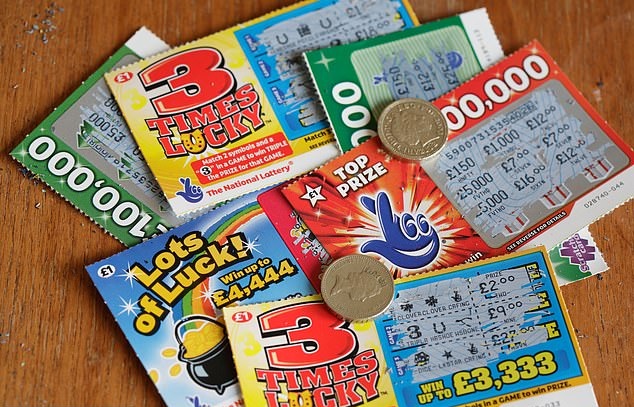Addiction

By Hilbert Haar
If people need proof of how disinterested the government is in the wellbeing of the citizens it is supposed to serve they should read the advice from the Social Economic Council (SER) about lottery booths on our island.
What do we read there? For almost thirty years viable data available about gambling addiction has not been available. In other words: the government had better things to do.
The legislation that regulates what lottery license holders can and cannot do is a joke. The SER found that the responsible ministry issues licenses “indefinitely” and the conditions attached to those licenses make their owners laugh all the way to the bank. It makes me, and probably others as well, wonder where all the revenue from those lotteries goes.
Lotteries seem to be irresistible, especially for low income earners. They dream of that big payday that is going to change their live in a spectacular way. Never mind that the chances of winning a significant amount of money in any lottery are slim to non-existent. Chances of dying in a traffic accident are much higher.
The compulsive behavior of gambling addicts is caused by a misunderstood concept of risk versus reward. One could describe buying a lottery ticket of two dollars as low risk, while the potential (unrealistic) expectation of reward is high. But what if players got so carried away that they bought, say, five tickets. Every day?
Even one ticket a day would set these players back $730 a year and those who are silly enough to buy five tickets every day would be out of $3,650 by the end of the year. Buying decent food, paying the rent or shopping clothes for their children is taking a backseat there.
Unfortunately, money is not the only downside of gambling. Gamblers expect to win, otherwise they would not play. If they do not win – which is a reality for most people who buy lottery tickets – they become depressed.
Research from an array of places – like England, Sweden and Australia – have all linked suicides to gambling. Let’s not forget that addiction as such is considered to be a mental illness. Fortunately, not every gambler commits suicide.
The care for people suffering from mental illness is way below par in St. Maarten, even though it is a constitutional task for the government to promote public health. Insurance companies also play a questionable role insofar as they do not offer coverage for addiction-treatment.
The SER-advice that is now in the hands of the government and the parliament does not offer any real solutions, unless someone thinks that banning lottery booths from being within a hundred-meter radius of schools is helpful. A true addict will have no problem walking 101 meters to buy his next ticket to paradise.
Who will take the next step? The parliament could organize a dog and pony show with a debate about problematic gambling. It could approve a motion telling the government to do something. Or the government could take the initiative and do something meaningful without a push from its parliamentarians. After almost thirty years of neglect, it is about time that somebody – anybody – steps up to the plate.
###
Related articles:
Lottery booths: how the government facilitates gambling addiction
Lottery booths target low-income areas
Opinion piece: Why you should avoid lotteries
March is Gambling Awareness Month — TURNING POINT FOUNDATION
Banks kick lottery companies out
De-risking strategy targets casinos and lottery companies
Court denies Smartplay right to text message lottery

























